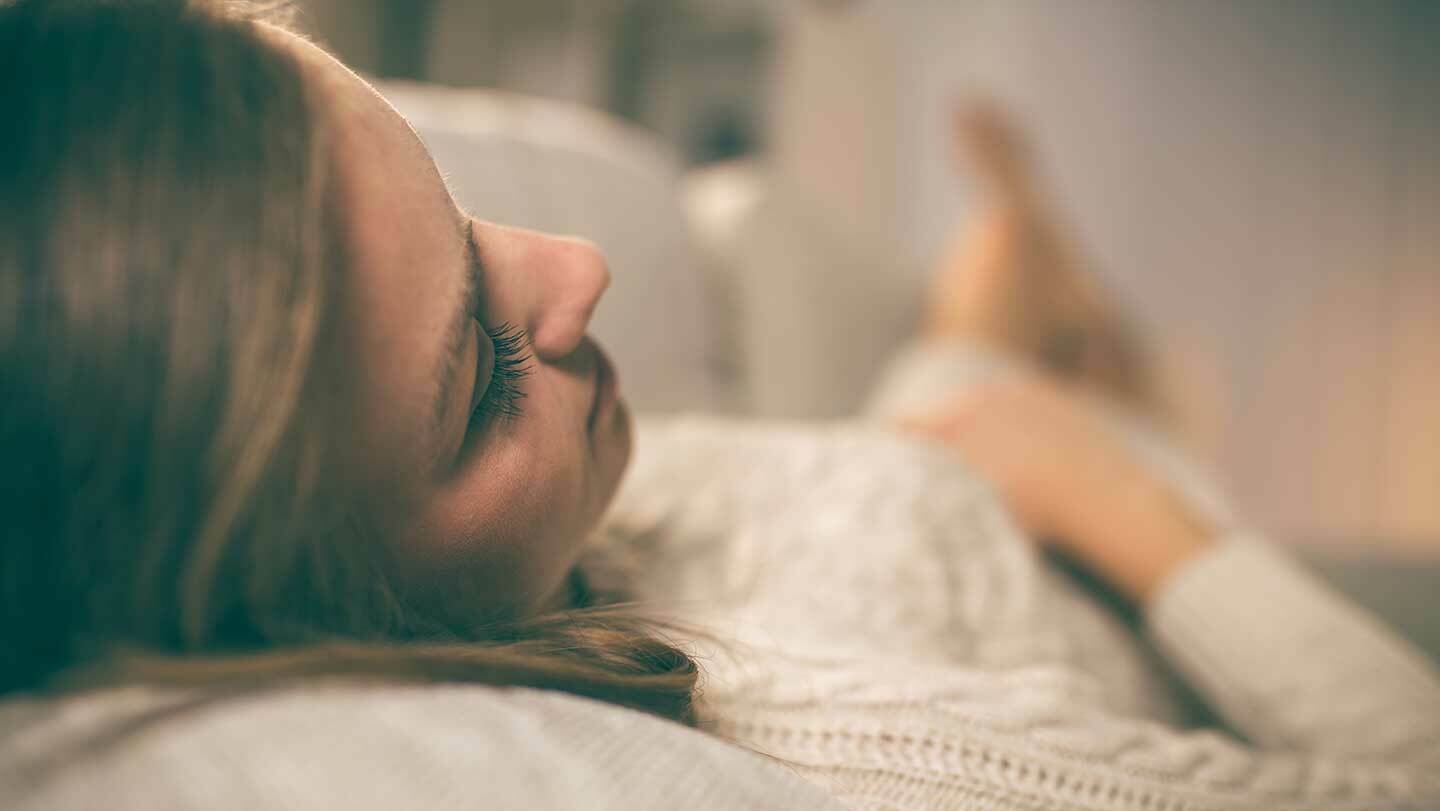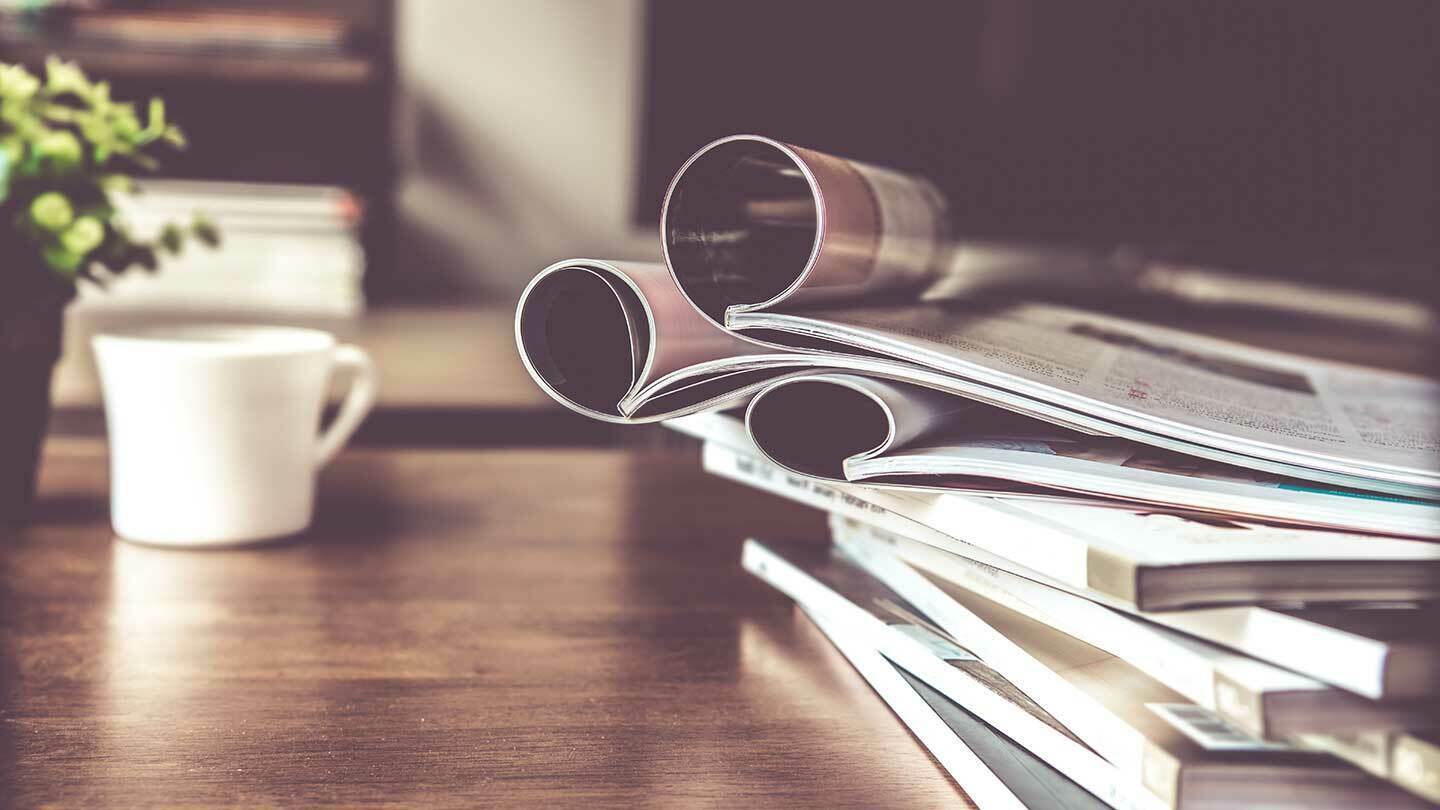Did you get eight hours sleep every night this week? If you did, you’re one of the lucky one third of the population. For the rest of us, a decent night’s sleep is but a dream. But what can we do about it? And, more importantly, should we care?
Most articles on sleep list the terrible ailments that will befall those who fall short of the World Health Organization's (WHO) recommended eight hours. Since stress is one of the major causes of sleep deprivation, we don’t want hypochondria to keep you awake at night, too.
Let’s just say that sleep is extremely important to our wellbeing, and we should be making it as much (if not more) of a priority as going to the gym or eating well. If you go through periods of sleep loss – trauma, being a parent or studying around the clock, there are countless reasons – it's all part of life’s cycle. But it’s important to regain a healthy sleep pattern as soon as you can.
Before we give you some tips on getting a good night's sleep, let’s look at some of the amazing things that happen when you close your eyes.
There are two stages of sleep

REM (Rapid Eye Movement) and NREM (non-REM) and both are important. NREM is deep sleep where cellular repair and longterm memory filing takes place; REM is the land of dreams.
For centuries, we humans have been trying to work out why we dream. Are dreams, prophecies, messages from another realm, symbolic expressions of our deep unconscious processes or just a load of nonsense? Recent neuroscientific research has thrown light onto this dark corner of our minds, scanning our brains when we are in REM sleep, and studying what happens when we do and don’t dream.
Matthew Walker, in his eye-opening book Why We Sleep, is convinced that dreaming has a therapeutic purpose. Thanks to sleep’s mollifying neurochemicals such as noradrenalin, we can process memories while turning the volume down on the accompanying emotion, before filing them tidily away in our autobiographical narrative. This is how we can tell our life stories at dinner parties without weeping or screaming. In trauma, the emotional overwhelm attached to the memory has not been processed so remains the same pitch, leading to nightmares, sleep disturbances and waking flashbacks.

You’ve heard the cliché that if you have a problem, it is always wise to ‘sleep on it’. Scientific research has established that dreaming resets our social compass, our ability to read people’s expressions and aids problem solving – all good arguments against students pulling all-nighters to cram for exams. Our dreams, Walker says are a ‘creative incubator’ from which Paul McCartney famously plucked the song Yesterday, Mary Shelley met Frankenstein and Dmitri Mendeleev tidied up his famous periodic table.
Apparently, whether you are a morning lark (early to bed, early to rise) or night owl (late to bed, late to rise) is down to your DNA: this means change won't be easy. For our ancestors, having both chrono (time) types in tribes meant someone was always on watch. Interestingly, studies have shown that when we sleep in a new location – say a hotel room – we sleep lighter on one half of our brain the first night, which just shows how our stone-age survival instincts are still operating. Today, we live in a world that favours larks, so owls need to accept their pattern and find flexible or shift work.

Walker says if you can do one thing to improve your sleep, make it ‘going to bed and waking up at the same time every day’. If that sounds like a faff, just believe us when we say that sleep is that important. Also, make room for eight-and-a-half hours’ sleep, to give you extra time to drop off and wake up. We need three 90-minute sleep cycles to receive the full benefit. People who tell you they can survive on four hours are either lying or will pay for it with one of the many horrible health consequences that we’re not going to talk about here…
Fresh air and a well-ventilated room (approximately 16-18 degrees) are essential to a good night’s sleep. Have your window open, even in winter: your duvet will keep you snug. Your face, hands and feet are great at ventilating excess heat to keep the core body temperature low, which is why we often feel the need to free our limbs from the duvet at night. Another tip is to splash your face with water before bed as water helps dissipate heat from your face.

A warm bath two hours before bed stimulates the temperature drop that signals to your body it’s time to sleep. Alcohol is a sedative, but sedation is not sleep. Worse, it fragments your sleep with periods of wakefulness, so it is not restorative (you won’t know this, because alcohol also impairs memory function). Alcohol is also one of the most powerful suppressors of REM. The other enemy of sleep, caffeine, not only blocks sleep signals, it continues to do so five to seven hours after our last cup of tea.
The suprachiasmatic nucleus, which controls our internal body clock (circadian rhythm) sits just behind our eye and is super-sensitive to the light and dark signals of day and night. Our sleep used to be dictated by the setting sun, the fading light triggering the sleep-hormone melatonin, which would slowly set about shutting everything down. Studies have shown that blue light from LED devices can supress the release of melatonin, so try stepping away from technology one to two hours before bed. Read an enjoyable book or listen to music instead.
Why We Sleep: The New Science of Sleep and Dreams by Matthew Walker. (Penguin, £9.99)

Savant Spy
31st October 2018
Spy Likes:
Clever, inspiring design, sublime views, a vast, clean and empty pool, solitary relaxation areas to read, write or commune with my muse.
Spy Dislikes:
Small talk, discussions about spirituality or astrology, any products containing tea tree oil or aloe (sadly am allergic), busy pools where you can’t do laps.
